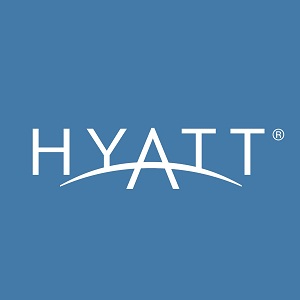Chicago-based hotel operator Hyatt Hotels Corporation informed customers this week that their credit card information may have been stolen by cybercriminals. This is the second data breach discovered by the company within a period of two years.
The incident affects three hotels in the United States (all in Hawaii), three in Puerto Rico, 18 in China, four in Mexico, three in Saudi Arabia, three in South Korea, and one each in Brazil, Colombia, Guam, India, Indonesia, Japan and Malaysia.
According to Hyatt, malware planted by cybercriminals on certain hotel IT systems harvested information from payment cards manually entered or swiped at some hotel front desks between March 18, 2017 and July 2, 2017.
The malware was designed to steal data such as cardholder name, card number, expiration date, and internal verification code. No other information appears to have been compromised.
“While we estimate that the incident affected a small percentage of payment cards used by guests who visited the group of affected Hyatt hotels during the at-risk time period, the available information and data does not allow Hyatt to identify each specific payment card that may have been affected,” said Chuck Floyd, global president of operations at Hyatt Hotels Corporation.
Back in 2015, Hyatt suffered a payment card breach that affected 250 of its hotels worldwide. The company claimed at the time that it had strengthened the security of its systems.
“Our enhanced cybersecurity measures and additional layers of defense implemented over time helped to identify and resolve the issue,” Floyd said this week.
However, the company’s enhanced security measures were obviously not enough, given that hackers had access to its systems for well over three months.
“The harvested customer payment card data – including expiration dates and verification codes – is extremely valuable data that will be sold on the Dark Web or used in credit card cycling scams. It’s also easily combined with other stolen data to build entirely new synthetic personas for all manner of fraud,” explained Lisa Baergen, marketing director at NuData Security.
“The travel and leisure industry – like so many consumer-facing sectors – has time and again shown itself extremely vulnerable to breaches,” Baergen added. “This latest concerning breach is just one more reason why companies such as Hyatt must adopt more advanced security and authentication measures based on trusted identity, and consumers must diligently, routinely check their credit files for suspicious credit applications and consider freezing their credit profiles.”
Related: Russian Cyberspies Target Hotels in Europe













